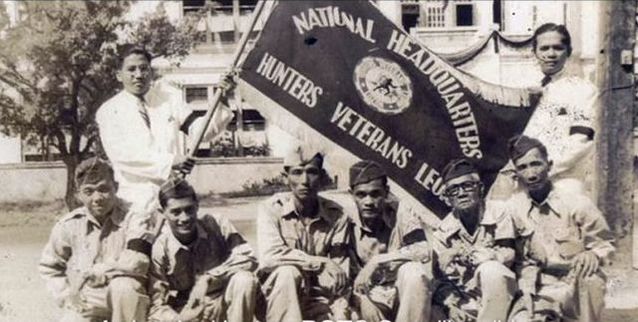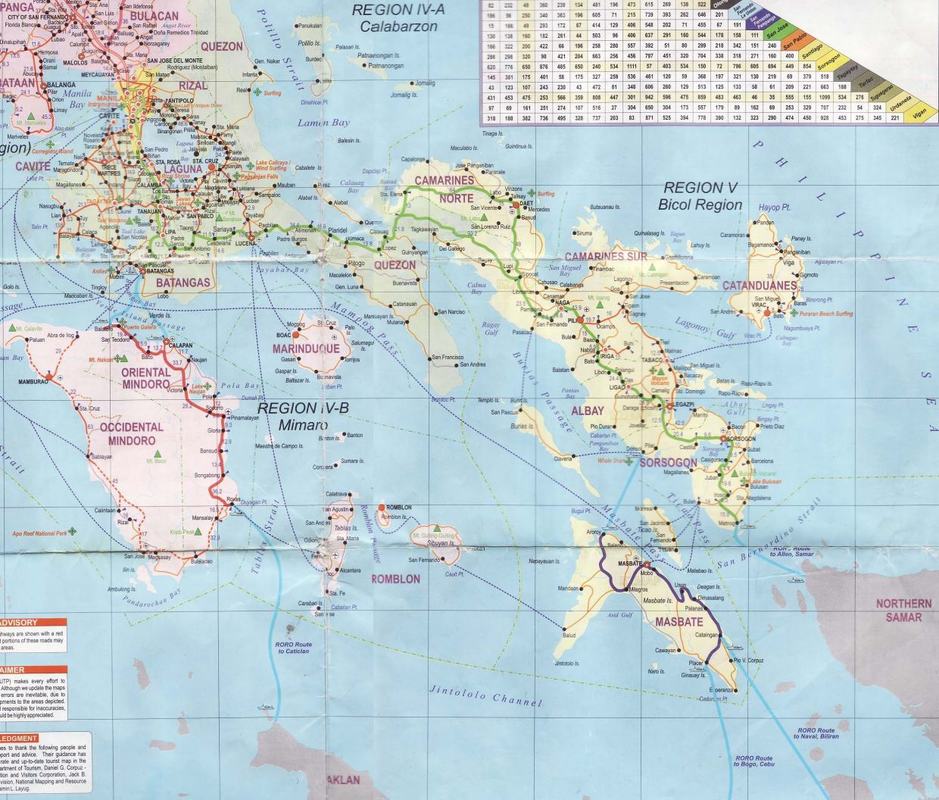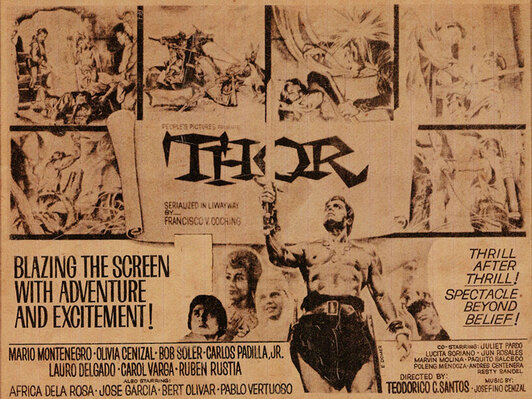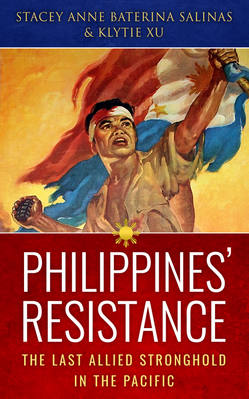- Home
- Stories
-
Internship
- Summer 2024 Internship
- Summer 2023 Internship
- Fall 2022 Internship
- Summer 2022 Internship
- Summer 2021 Internship
- Fall 2020- Spring 2021 Internship
- Summer 2020 Internship
- Fall 2019 Internship
- Summer 2019 Internship >
- School Year 2018-2019 Internship
- Summer 2018 Internship >
- Fall 2017 Internship
- Summer 2017 Internship >
- Books
- Archives
-
Resource Page
-
Supplementary Research Guides
>
- Unit 731 - Guide >
-
Philippines' Resistance - Guide
>
- Philippines World War II Timeline
- The Japanese Invasion & Conquest of the Philippines
- Bataan Death March
- Formation of Underground Philippines Resistance
- Supplies of the Guerrilla Fighters
- The Hukbalahap
- Hunter's ROTC
- Marking's Guerrillas
- United States Army Forces in the Philippines of Northern Luzon (USAFIP-NL)
- The Aetas
- Chinese and Filipino-Chinese Nationalist Guerrilla Units
- The Female Faces of the Philippine Guerrillas
- Rising Sun Flag - Guide >
- Pinay Guerrilleras - Guide >
- Fall of Singapore - Guide >
- Three Years and Eight Months - Guide >
- Siamese Sovereignty - Guide >
- The Khabarovsk War Crimes Trial - Guide >
- Unit 731 Cover-up : The Operation Paperclip of the East - Guide >
- Marutas of Unit 731 - Guide >
- Prince Konoe Memoir - Guide >
- Competing Empires in Burma - Guide >
- Battle of Shanghai - Guide >
- Ishi Shiro - Guide >
- Taiwan The Israel of the East - Guide >
- Seeking Justice for Biological Warfare Victims of Unit 731 - Guide >
- Rice and Revolution - Guide >
- Clash of Empires - Guide >
-
Hunger for Power and Self-SufficiencyI - Guide
>
- The Influence of War Rations on Post-War Culinary Transformations
- How World War II Complicated Food Scarcity and Invention
- American Military Innovations
- Government-Sponsored Food Inventions in Europe during World War II
- Feeding the Army: The Adaptation of Japanese Military Cuisine and Its Impact on the Philippines
- Mixed Dishes: Culinary Innovations Driven by Necessity and Food Scarcity
-
Denial A Quick Look of History of Comfort Women and Present Days’ Complication - Guide
>
- The Comfort Women System and the Fight for Recognition
- The Role of Activism and International Pressure
- The Controversy over Japanese History Textbooks
- The Sonyŏsang Statue and the Symbolism of Public Memorials
- Activism and Support from Japanese Citizens
- The Future of Comfort Women Memorials and Education
- Echoes of Empire: The Power of Japanese Propaganda - Guide >
- Lesson Plans >
-
Supplementary Research Guides
>
The Hunter guerrillas were among one of the main guerrilla organizations that were initially formed by the cadets that once served the Philippine Military Academy prior to the war. Under the order of General MacArthur, the Philippine Military Academy was to be disbanded in 1942 right before the Japanese Imperial Army took control of Manila. The younger soldiers studying and training at the PMA (Philippine Military Academy) wanted desperately to join the war effort despite MacArthur’s orders and gathered a substantial amount of recruits who had been part of various ROTC units. Taking what training they had learned from the PMA, the young soldiers schooled their new recruits as saboteurs (ruining phone lines, radio connections, eliminating pro-Japanese Filipinos and spies, and conducting small hit and run raids).
Recruitments of Hunter's ROTC
The ROTC organization of guerrillas would become one of the few officially recognized Filipino led forces by MacArthur and his staff. Their first phases of recruitment, training, and collection of arms began in the Antipolo Mountains after the surrender of American and Filipino troops at Corregidor. The founder of the Hunters ROTC was himself a Philippine Military Academy cadet by the name of Miguel Ver who even prior to the surrender of USAFFE at Bataan and Corregidor was already going through the motions of collecting recruits to fight the impending Japanese invasion. By the end of the war, the Hunters ROTC would collect over 25,000 recruits and serve as the head frontline guerrilla units for the major raid, the Raid of Los Banos in February of 1945, freeing 2,147 Allied POWS.
Related Book
Philippines' Resistance:
|
|
Pacific Atrocities Education
730 Commercial Street San Francisco, CA 94108 415-988-9889 |
Copyright © 2021 Pacific Atrocities Education.
We are a registered 501 (c)(3) charity. |
- Home
- Stories
-
Internship
- Summer 2024 Internship
- Summer 2023 Internship
- Fall 2022 Internship
- Summer 2022 Internship
- Summer 2021 Internship
- Fall 2020- Spring 2021 Internship
- Summer 2020 Internship
- Fall 2019 Internship
- Summer 2019 Internship >
- School Year 2018-2019 Internship
- Summer 2018 Internship >
- Fall 2017 Internship
- Summer 2017 Internship >
- Books
- Archives
-
Resource Page
-
Supplementary Research Guides
>
- Unit 731 - Guide >
-
Philippines' Resistance - Guide
>
- Philippines World War II Timeline
- The Japanese Invasion & Conquest of the Philippines
- Bataan Death March
- Formation of Underground Philippines Resistance
- Supplies of the Guerrilla Fighters
- The Hukbalahap
- Hunter's ROTC
- Marking's Guerrillas
- United States Army Forces in the Philippines of Northern Luzon (USAFIP-NL)
- The Aetas
- Chinese and Filipino-Chinese Nationalist Guerrilla Units
- The Female Faces of the Philippine Guerrillas
- Rising Sun Flag - Guide >
- Pinay Guerrilleras - Guide >
- Fall of Singapore - Guide >
- Three Years and Eight Months - Guide >
- Siamese Sovereignty - Guide >
- The Khabarovsk War Crimes Trial - Guide >
- Unit 731 Cover-up : The Operation Paperclip of the East - Guide >
- Marutas of Unit 731 - Guide >
- Prince Konoe Memoir - Guide >
- Competing Empires in Burma - Guide >
- Battle of Shanghai - Guide >
- Ishi Shiro - Guide >
- Taiwan The Israel of the East - Guide >
- Seeking Justice for Biological Warfare Victims of Unit 731 - Guide >
- Rice and Revolution - Guide >
- Clash of Empires - Guide >
-
Hunger for Power and Self-SufficiencyI - Guide
>
- The Influence of War Rations on Post-War Culinary Transformations
- How World War II Complicated Food Scarcity and Invention
- American Military Innovations
- Government-Sponsored Food Inventions in Europe during World War II
- Feeding the Army: The Adaptation of Japanese Military Cuisine and Its Impact on the Philippines
- Mixed Dishes: Culinary Innovations Driven by Necessity and Food Scarcity
-
Denial A Quick Look of History of Comfort Women and Present Days’ Complication - Guide
>
- The Comfort Women System and the Fight for Recognition
- The Role of Activism and International Pressure
- The Controversy over Japanese History Textbooks
- The Sonyŏsang Statue and the Symbolism of Public Memorials
- Activism and Support from Japanese Citizens
- The Future of Comfort Women Memorials and Education
- Echoes of Empire: The Power of Japanese Propaganda - Guide >
- Lesson Plans >
-
Supplementary Research Guides
>



